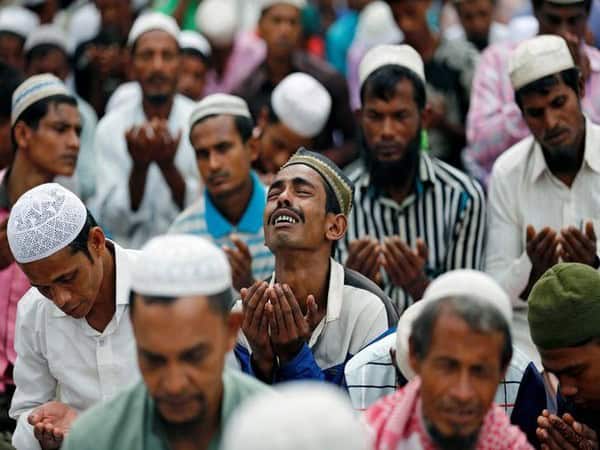Yangon: US-backed Radio Free Asia has pulled broadcasts from a television channel in Myanmar after the government tried to ban the word “Rohingya” on its shows.
Myanmar labels the persecuted Muslim minority “Bengalis” as it does not recognise the Rohingya as native to the country, and bristles when the word is used in media coverage.
Radio Free Asia made the decision to stop airing its Burmese broadcasts with local network Democratic Voice of Burma (DVB), which airs on state television.
The move came after the government told DVB that they could not carry content with the word “Rohingya,” referring to Radio Free Asia’s coverage.
The president of RFA Libby Liu said complying with Myanmar’s order would be “inaccurate and disingenuous to both our product and our audience” in a statement posted online Monday .
“RFA will continue to refer to the Rohingya as the ‘Rohingya’ in our reports,” she said, adding that forbidding the usage was an “Orwellian step”.
RFA said it will continue its coverage of Myanmar on radio and social media platforms such as Facebook.
The Democratic Voice of Burma worked in exile during military rule but came back after Myanmar launched political reforms in 2011 that included the abolition of pre-publication censorship.
It was one of a handful of companies recently granted new television licenses by the government and started broadcasting on the state-controlled MRTV channel in April.
Toe Zaw Latt, Myanmar bureau chief for DVB, said his office had received an official letter from MRTV complaining about the “controversial” word.
“If the government platform doesn’t want it, we have to obey,” he said, adding that the decision would not affect content carried via satellite or their website.
Aung Hla Tun, the Deputy Minister of Information, told AFP that news outlets can use whatever house style they want, “but when they use our TV, they have to accept ours”.
“As you know, ‘Rohingya’ is such a controversial term here,” he added.
The stateless Rohingya Muslim community has suffered decades of apartheid-like conditions in largely Buddhist Myanmar, which claims they are illegal immigrants from neighbouring Bangladesh.
Some 700,000 Rohingya have fled Myanmar for Bangladesh since last August after a military crackdown the US and UN have said amounted to ethnic cleansing.
Both countries have signed a repatriation agreement but Rohingya say they do not want to return en masse unless they are guaranteed safety, citizenship and rights.
Agence France-Presse

